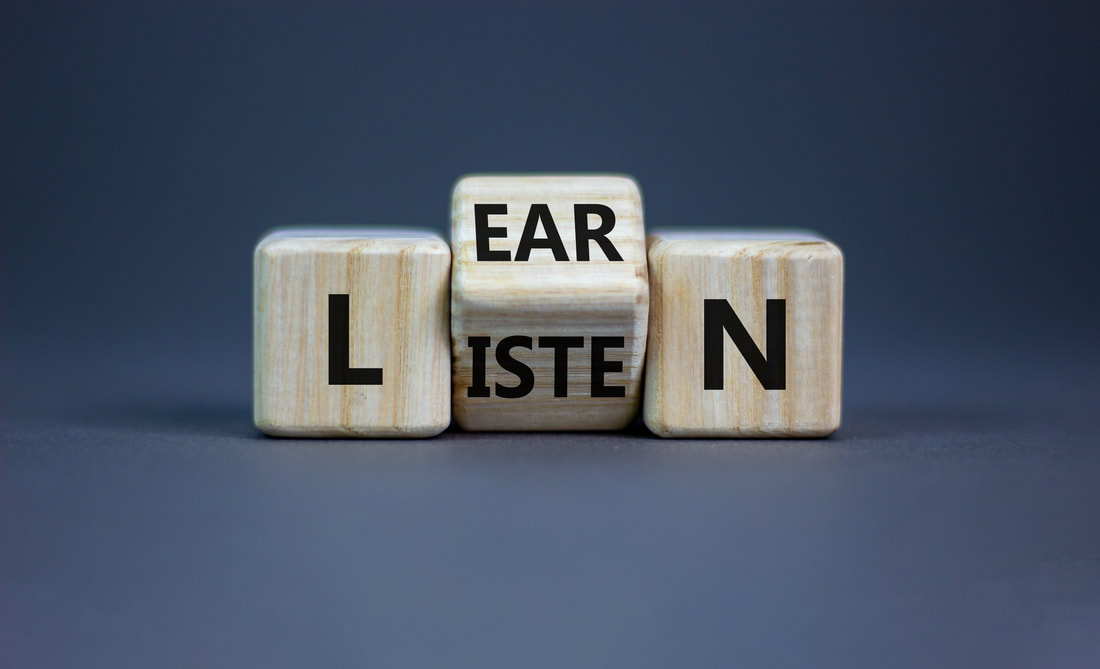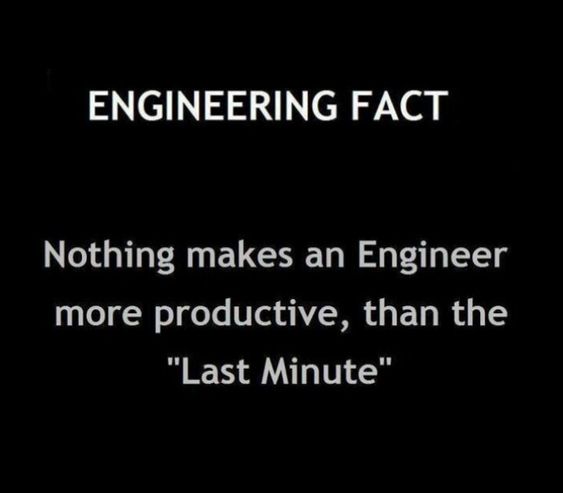|
I do not remember when I first discovered this saying. I do remember thinking, “I need to remember this!”
Lack of planning on YOUR part does not constitute an emergency on MY part. Or, lack of planning on MY part does not constitute an emergency on YOUR part. It works both ways! I wanted to remember this phrase because I have been both the perpetrator of forcing an emergency on someone else due to my negligence and I have been the victim of others’ negligence. In either case, it does not foster healthy relationships or a strong work environment. The best way to avoid pushing emergencies on your teammates is to plan ahead and communicate. Taking a few minutes to prepare for your day, your week, your month is well-invested time that pays huge dividends. You may deceive yourself into thinking, “I don’t have time to waste planning out every task and every step. We just need to get it done!” This is a deception because you will spend more time correcting errors, explaining, and reworking than if you had communicated a plan from the start. So, the next time you are tempted to push your disregard onto someone else, pause and take responsibility for your misstep. It may be necessary to apologize. Then move forward by taking the time to plan and communicate with your team.
0 Comments
The original blog post was published by The Engineering Management Institute.
Your Ears Are Your Strongest Resolution and Negotiation Weapons (engineeringmanagementinstitute.org) SUMMARY Most of the content I researched around resolution and negotiation focused on the self. Where most advice falls short is that the advice focuses on YOU; YOUR feelings, YOUR body language, YOUR decision-making, YOUR attitude, and YOUR behaviors. What about your negotiating partner? What about their feelings, body language, decision-making, attitude, and behaviors? Ears are the gateways to receiving critical information about your environment and about the person with whom your are trying to resolve a conflict. When you focus on opening your ears, closing your mouth, and focusing on the other person, several key dynamics are put in motion:
A personal brand is the perception a person has of you. Rather than the overall perception of a company, a personal brand is specific to you as an employee of your company. The reason for the elevation of personal branding has to do with the digital capabilities of social media and the ease of building a personal business network that spans geographies. The better you establish your personal brand, the more opportunities you bring to your company. What ingredients make a personal brand?A brand is simply the total experience people have when interacting with a company. What people feel and experience when they interact with a product or service makes its brand. Therefore, a personal brand is made from
Your interactions with others in your professional life are what create your personal brand. Interactions have a specific manner, energy, and frequency. The manner, energy, and frequency of your interactions contribute to what others experience. EXPERIENCE As others interact with you, they take away an experience. That experience can range from inspiration to boredom, intimidation to warmth, energized to deflated. How others experience you elicits emotion. EMOTION How people feel is a major factor in the decisions they make and how they orient their life. When you interact with others you give them an experience and that experience contributes to their emotions. Those emotions are then connected to you and your personal brand. To know your personal brand requires you to understand how your interactions are experienced by others and how those experiences make them feel. Why is personal brand important? Brands build on each other. Professional engineering has a brand. Civil Engineering has a brand. Civil engineering firms have a brand. And each professional engineer has a personal brand. Therefore, your personal interactions give clients an experience. Those clients attribute how that experience makes them feel to you, your company, and your profession. As you can imagine, how you craft your personal brand not only affects you, but also affects your firm and the entire profession.
Realize that every engineer has a personal brand. Ignoring a personal brand does not make it disappear. It does not become irrelevant because you simply do not care. What clients experience and feel when working with you matters. It matters greatly! A personal brand is important for many reasons. Chief among those reasons is the contribution or deficit you create for your firm and your profession. If you consider your personal brand and intentionally work on the impact you are making on your clients, your colleagues, and society, the greater personal benefit you will enjoy. Here are some questions upon which to reflect to help you establish a positive personal brand;
This post was originally published at Personal Brand: What Is It and Why Is It Important? (engineeringmanagementinstitute.org) |
AuthorGabe Lett, FSMPS, CPSM, LPC Archives
May 2024
Categories
All
The views and opinions expressed on this blog do not necessarily represent the views or opinions of Prairie Engineers.
|




 RSS Feed
RSS Feed